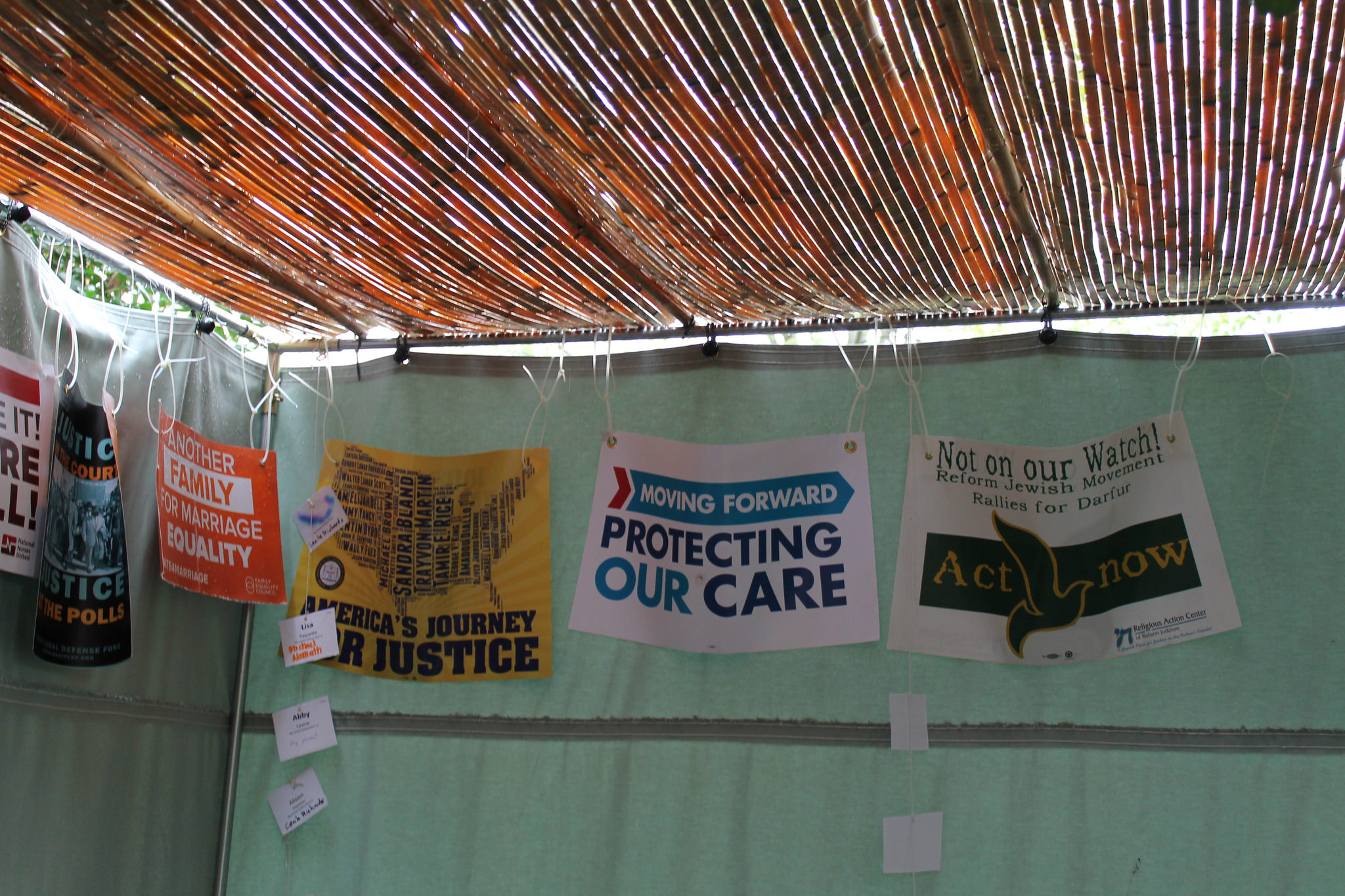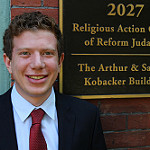
“All citizens of Israel shall live in booths, in order that future generations may know that I made the Israelite people live in booths when I brought them out of the land of Egypt” (Leviticus 23:42). God enjoins the Jewish people to take seven days of the year to remember the temporariness of their lives as they traveled from slavery to the freedom. Sukkot is a holiday of celebration, during which “God will bless all your crops and undertakings, and you shall have nothing but joy” (Deuteronomy 16:15). These dual commandments are the pillars of the holiday: to re-live and remember the Israelite journey in the desert, and also to rejoice in the bounty of the Fall harvest.
Congress also recently concluded its impermanent (but seemingly annual) holiday: passing a continuing resolution. Congress managed to avert a government shutdown by passing a stopgap spending measure before the fiscal year ended on September 30. This has become common in recent years; political divides have forced short-term spending deals instead of full-year budget agreements. Like Sukkot, Congress’s continuing resolution should cause us to both rejoice for what we have and to yearn for something better. Congress passed important measures, but its looming deadline distracted from tackling non-spending issues, such as criminal justice reform.
Members of Congress managed to deliver funding necessary to work to combat the Zika virus, which has become the source of major concern. The continuing resolution appropriated 1.1 billion dollars to battle Zika without placing harmful restrictions on women seeking services from Planned Parenthood. Yet, at the same time, the Zika funding fell short of 1.9 billion dollars requested by the public health experts. And the delay in funding meant that money for Ebola, cancer and other research was diverted to trying to deal with Zika.
Lawmakers also reached a deal to provide emergency relief to tackle Flint’s lead water crisis. They agreed to provide 170 million dollars for the issue, which was much less than initial proposals. Congress has only authorized this money, meaning that it will have to approve the funding again in December to ensure its availability.
These two issues illustrate the haphazardness of continuing resolutions. Congress’s agreement authorized funding through December, when it will again have to decide on how to fund government programs. This uncertainty creates problems for these programs, and, more importantly, for the people they serve. All budgets are subject to debate and negotiation, but short-term measures make the process even more chaotic. This chaos may appear like political theatre, but at its core are crucial decisions that affect the lives of millions of people.
Sukkot will be a time to reflect on our gratitude for all that we have. It will be an opportunity to rejoice with friends and family. The sukkah itself will be a reminder of the temporary lives our ancestors lived as they travelled toward a new future. This year’s continuing resolution is a similar reminder of the gap that remains from the world as it is and the world we seek to create. This is the world in which we celebrate with the “stranger, the fatherless, and the widow in your communities” (Deut. 16:15).
To this end, use Sukkot as reminder of the fragility that leads Congress to inaction on important issues. Instead of wrangling over short-term spending, urge Congress to support paid sick days for working families. Tell your representatives to focus on comprehensive change, not patchwork measures, by passing sentencing reform.
Related Posts

Remarks from Rabbi Eliana Fischel at Jewish Gathering for Abortion Access

Teens from North Carolina Speak About Environmental Justice


